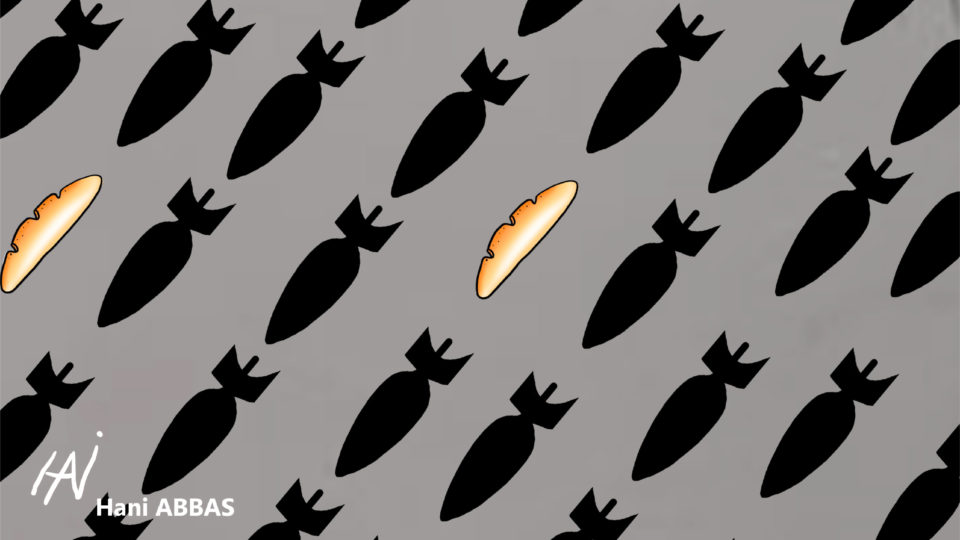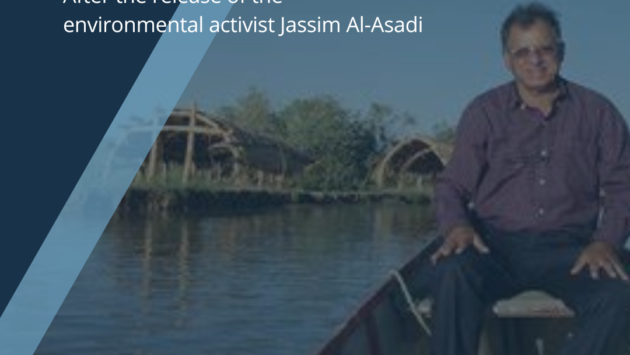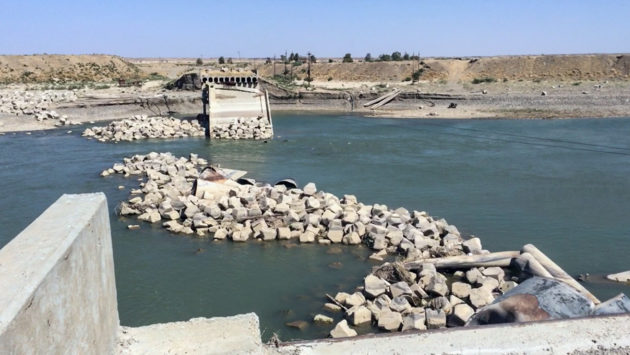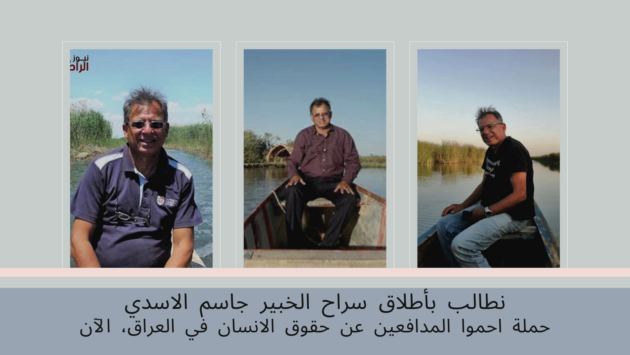Democracy in the West – Lessons from Gaza
Almost five months have passed since Hamas launched its military operation against the Israeli occupation forces in Palestine. An operation which has been used by Netanyahu and his far-right government to legitimize brutal acts of violence against the civil population in the Gaza strip, who has been living under siege since 2006. Over the last five months, we have been hearing news about Israeli strikes over areas designated as safe zones, complete communication black-outs in the strip, indiscriminate targeting of civilian infrastructures such as hospitals and schools, and deliberate attempts to impede aid convoys to reach Palestinians in the Gaza strip, leaving over 1.17 million people facing emergency levels of food insecurity. Only very recently, Israeli Defence Forces (IDF) allegedly opened fire on civilians trying to get food from an Egyptian aid convoy in Gaza City, killing at least 112 people and injuring 760. The IDF deny any direct responsibility, stating that casualties were caused by a stampede. However, casualties treated in hospitals reportedly presented bullet or shrapnel wounds.
The current military operations against the Gaza population have a severe impact at the international level. What we are currently witnessing is increased tension among UN Member States. Already during the last days of 2023, the UN General Assembly made up of its Member States, adopted a resolution pleading for an immediate ceasefire, as well as the release of hostages, but also ensuring humanitarian access. In that regard, the resolution portrays the UN General Assembly request of complying with international law obligations, especially when it comes to deal with the protection of civilians. While the Members voted overwhelmingly in favour of the resolution, the United States rejected it.
Over one month after the International Court of Justice ruled Israel to take immediate and effective measures to prevent the genocide of Palestinians in Gaza, no concrete steps have been made by the occupation forces in this direction.
Israeli authorities have failed to ensure sufficient life-saving goods and services are reaching a population at risk of genocide and on the brink of famine due to Israel’s relentless bombardment and the tightening of its 16-year-long illegal blockade. They have also failed to lift restrictions on the entry of life-saving goods, or open additional aid access points and crossings or put in place an effective system to protect humanitarians from attack (Amnesty International – February 26, 2024)
Many European countries sided with Israeli occupation forces since October 2023 (and clearly even well before then), with some exceptions like the pro-Palestinian Ireland. But, even though during these months some of them were forced to express – at least a minimum level of – concern in front of some of the recent events, governments have kept supporting Israeli occupation. In many countries, citizens do not share the same opinion. Since October 2023, pro-Palestine protests and demonstrations erupted in European countries as well as in the United Stated, denouncing the complicity of Western governments in the genocide of the Palestinian people. They were met with severe acts of repression by the authorities and in some cases by police violence. In France, in mid-October 2023, the minister of interior issued an order to ban all demonstrations in solidarity with Palestine; in Germany, authorities banned protests and restricted the use of the Palestinian flag and of the kaffiyeh. In many countries, trade unions and informal groups called for strikes to express solidarity with Palestinian people. On February 23, students in Pisa and Florence (Italy) who were peacefully protesting and calling for a ceasefire in Palestine were beaten by police agents. Among them, there were underage students.
The aggression on Gaza will have long-lasting effects not only on the military confrontation in the region – where we have seen tensions between US and Iranian-backed armed groups escalating from Yemen to Iraq passing through Syria – but on the whole society in the Middle East, as well as in the Western countries. In light of the operations against pro-Iran militias in Iraq, the government in Baghdad started to urge the US to withdraw the troops that are still present in the country as part of the international coalition against Daesh. Iraqi civic activists, both in and outside the country, express a feeling of anger and disappointment towards Western countries for their complete support to the Israeli occupation forces. All of this risks hindering the transnational alliances that civic actors have patiently built over years. Yet, protests and demonstrations in many cities all over Europe and the US clearly show that the people do not support their governments’ actions in support of Israel. It is clear today that in the West the rift between people and their governments is deepening. Their blind support to the Israeli apartheid regime will cost Western governments dearly, with many citizens finally able to see clearly the hypocrisy of States that commit to airdrop food and supplies in Gaza, while selling weapons to the Israeli occupation forces. The war in Gaza is exposing the real conditions of democracy today in the so-called free world: a world where the vast part of the population does not feel represented by established political parties, where democracy is reduced to the act of casting a ballot once every four or five years, where civic freedoms risk being restricted in the name of security, and where police violence is legitimized by parties in power. At the same time, however, the opposition to the Gaza war is also opening a space for people who are normally left to the margins of public discourse and for social movements to act and connect. In many countries, the Palestinian youth is taking the lead in mass mobilization actions – imposing their presence in the public space and demanding that their voices are heard. In the space where opinions can be expressed without fear, where people don’t only speak, but can be heard – here is where democracy stands.




